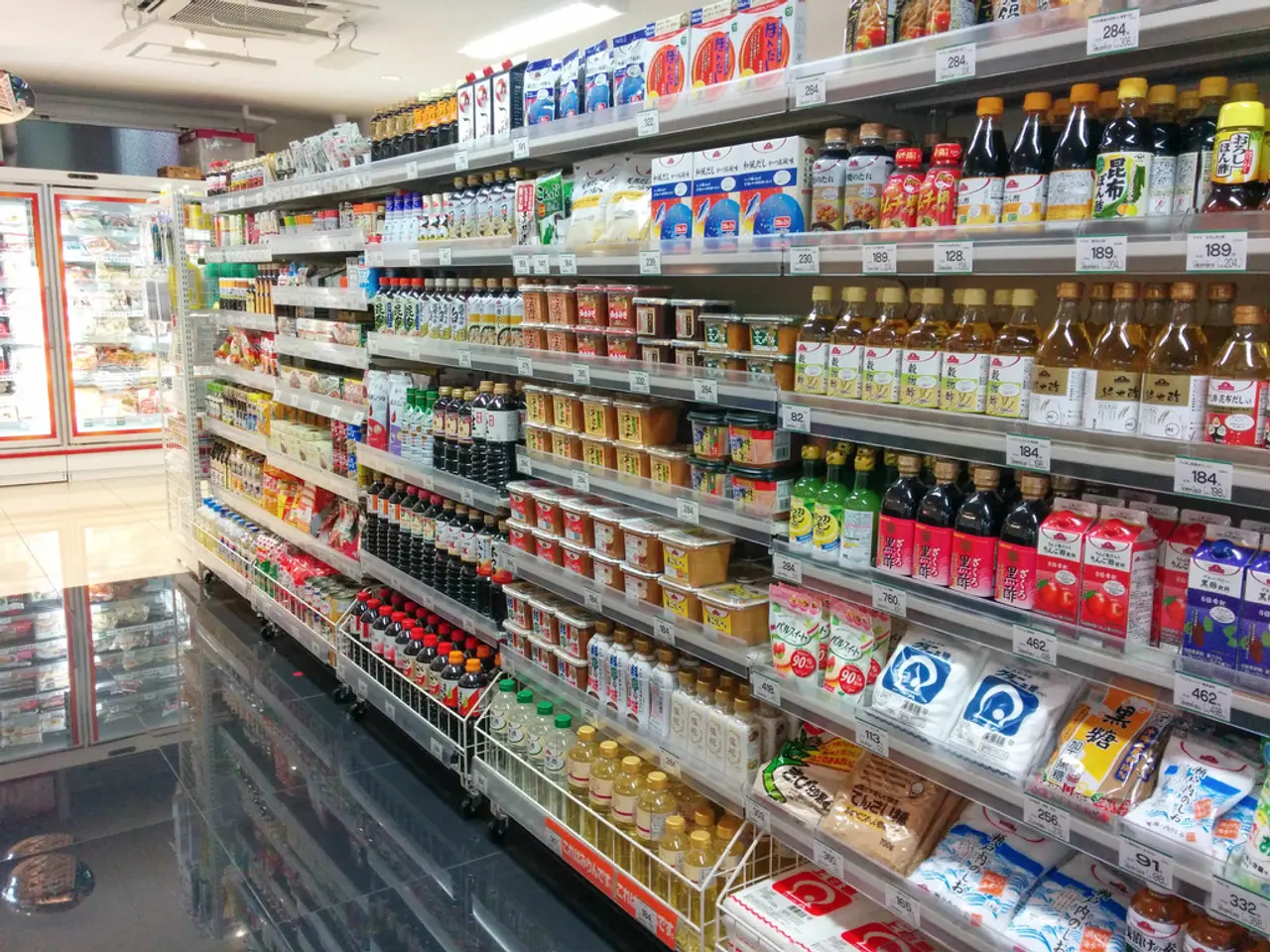Switzerland in Stun After Zollhammer Incident
The United States has imposed tariffs on Swiss exports, with a rate of 39%, exceeding initial fears. This steep tariff, which was announced by President Donald Trump through an executive order on July 31, 2025, could potentially impact the competitiveness of Swiss companies in the global market.
The tariffs apply broadly to Swiss imports, including key sectors such as luxury watches, chocolates, and pharmaceuticals—which collectively represent a large portion of Swiss exports to the U.S. The tariff threatens to significantly affect Swiss industry profits and sales volumes by increasing costs that manufacturers may have to absorb or pass onto American consumers, potentially reducing Swiss goods' competitiveness in the U.S. market.
The immediate impact on the Swiss economy includes potential decline in export revenues from the U.S., Switzerland’s major consumer market. The tariffs pose a threat to jobs in Switzerland, with pressure on major Swiss brands, especially watchmakers, which could face reduced demand or compressed margins.
The weakened Swiss franc performance against the dollar, though it remains stronger relative to pre-tariff levels, is another concern. Increased trade tensions may inhibit future Swiss-U.S. trade cooperation and overall business sentiment.
Swissmechanic, the industry association for small and medium-sized enterprises, voices concern, and Economiesuisse, the business association, considers the tariffs unjustified. The Swiss government is disappointed as they had hoped for a lower rate, but an agreement did not materialize.
It is important to note that the tariff rate for Swiss exports to the U.S. is higher than the EU's tariff rate of 15%. The new tariffs are set to take effect on August 7, and the business associations urge the government to work towards a reduction in the tariffs in the coming days.
The tariffs come at a time when the city of Baden-Württemberg in Germany has introduced a lower-priced Germany ticket, financed through a certain trick, to boost tourism. This model of financing the lower ticket price is unclear if it will catch on in other cities.
Despite these challenges, Swiss companies continue to be major foreign investors in the U.S., creating around 400,000 jobs. Germany remains the second-largest sales market for Swiss companies, with exports amounting to 45.2 billion francs. The U.S. remains the largest sales market for Swiss companies, with exports amounting to 65.3 billion francs (70.2 billion euros) last year.
In conclusion, the unexpectedly high 39% tariff rate reflects unresolved trade disputes and U.S. concerns about trade imbalances, exposing key Swiss export industries to substantial financial pressures and market access challenges in the United States. The Swiss government and businesses are working diligently to mitigate the impact of these tariffs on the Swiss economy.
[1] Swiss Info. (2025). U.S. imposes 39% tariffs on Swiss exports. https://www.swissinfo.ch/eng/u-s-imposes-39-tariffs-on-swiss-exports/46547854
[2] Reuters. (2025). Trump imposes tariffs on Swiss exports. https://www.reuters.com/article/us-usa-switzerland-tariffs-idUSKBN25F18R
[3] CNN Business. (2025). Trump signs executive order imposing tariffs on Swiss exports. https://money.cnn.com/2025/07/31/news/economy/trump-tariffs-switzerland/index.html
- The high tariffs imposed by the United States on Swiss exports, particularly in sectors like luxury watches, chocolates, and pharmaceuticals, threaten to significantly impact Swiss industry's profits and competitiveness in the US finance market.
- Swiss businesses and associations, such as Swissmechanic and Economiesuisse, condemn the unjustified tariffs as a potential threat to the Swiss economy, which has major implications for both politics and general news.




